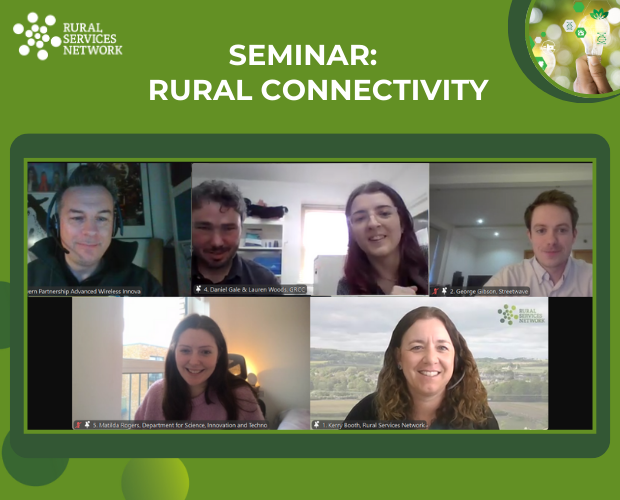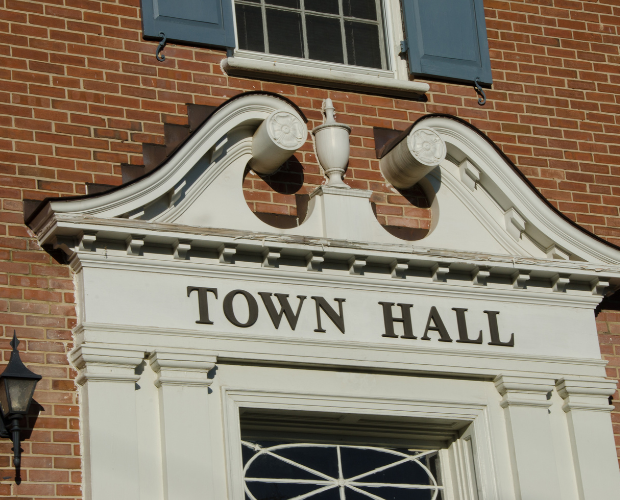T: 01822 851370 E: [email protected]
Welcome for the government's change of heart on council funding for rural areas
 PRESS RELEASE
PRESS RELEASE
For immediate release
Tuesday, 6 February 17
Responding to a Ministerial written statement issued today, the Rural Services Network [1] has welcomed the Government's decision to release extra funding in next year’s finance settlement for rural councils [2].
RSN chief executive Graham Biggs MBE said: “Both in our formal response to the provisional settlement for 2018/19 and in subsequent discussions direct with the Local Government Minister, we raised serious concerns about the proposed removal of transitional relief and about the gap in terms of government funding per head of population between urban and rural areas.
“We particularly raised deep concern about the funding of Adult Social Care Funding in rural areas.
“Today’s announcement of £150m for an (England wide) Adult Social Care Support Grant – (although figures as to its distribution to individual authorities has not been made available yet) – plus an additional £16m for Rural Services Delivery Grant is a clear measure of success for the representations we made.
“Indeed the Rural Services Network is specifically mention in the Briefing Pack issued by the Government.”
Mr Biggs added: “The Secretary of State’s statement that he is committed to ensuring the needs of rural areas are met and his recognition of the particular costs of providing services in sparse rural areas are particularly welcomed.
“We will be watching closely to make sure they follow through to cash in council budgets with the new Needs Formula being developed for implementation in 2020-21.”
Media contact:
Graham Biggs MBE
RSN chief executive
T: 01588 674 922
M: 07966 790197
E: [email protected]
W: www.rsnonline.org.uk
Editor's notes:
[1] The Rural Services Network is the only non-governmental organisation representing the interests of rural service providers and the communities that they serve. It involves currently some 154 Local Authorities and over 100 other service providers. It comprises SPARSE Rural, the Rural Assembly, the wider Rural Services Partnership and the RSN Community Group. The organisation works with Rural England, a stand-alone CIC research group. For details, visit www.rsnonline.org.uk.
[2] The written statement by the Secretary of State for Housing, Communities and Local Government on the final local government finance settlement for 2018 to 2019 is available here: https://www.gov.uk/government/speeches/final-local-government-finance-settlement-2018-to-2019-written-statement
Our Key Messages:
Public Sector Funding
Central Government has historically and systematically underfunded rural areas giving them less grant per head than urban areas – despite the fact that it costs more to provide the services. Rural residents earn less on average than those in urban areas and therefore pay more Council Tax for fewer local government services. Government policy, implicitly, is that council services in rural areas are more reliant on funding through council tax than their urban counterparts. We demand fairer funding for all public services serving rural areas.
Barriers to Access
Rural residents and businesses face multiple barriers in terms of access to key services, including transport and broadband. Yet councils providing services to rural residents receive less money from government, pay disproportionately more for fewer services and typically earn less than people in urban areas. As a result rural residents suffer multiple disadvantages.
Future of Rural Areas
Rural communities contribute a great deal to the national economy but are facing threats to their future. This is due to a combination of chronic underfunding, demographic challenges, diminishing resources, with the needs of rural areas being systematically overlooked. Without action conditions in rural areas will deteriorate further. It is in the national interest that we all work together to revitalise this fundamental national asset.
Health and Wellbeing
Despite its idyllic image, rural communities often experience difficulties in accessing health and support services. This is becoming increasingly difficult as specialist services are centralised to remain resilient and poor transport links reduce access. There are recruitment and retention issues amongst medical staff in rural areas. Rural residents are therefore vulnerable to isolation and poorer health outcomes in the long term.
SIGN UP TO OUR NEWSLETTER
Sign up to our newsletter to receive all the latest news and updates.









